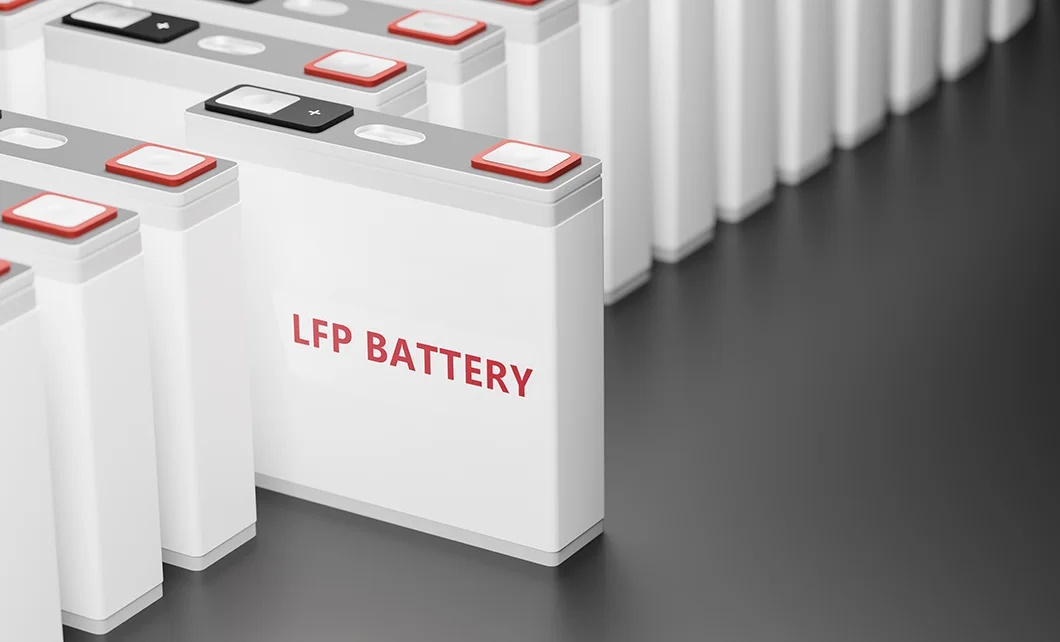- Admin
- Jul 03, 2024
- Buying Guides
- Read: Small Medium Large
Pros and Cons of LFP Batteries
Let's delve into the world of LFP batteries (LiFePO₄) and explore their suitability for electric vehicles (EVs).
LFP Batteries: Pros and Cons
The Pros:
1. Long Life Cycle: LFP batteries can endure over 10,000 cycles (in some cases, even millions of miles). Their longevity surpasses traditional lithium-ion batteries.
2. Non-Toxic and Nickel-Free: Unlike some lithium-ion batteries, LFP batteries are cobalt-free and nickel-free. Cobalt has its own issues, so this is a significant advantage.
3. Cost-Effective: Theoretically, LFP batteries are cheaper, with prices already below $100/kWh in China.
4. Safety: LiFePO₄ chemistry is stable and less prone to explosion or fire due to misuse or structural damage.
5. Lower Internal Resistance: This means faster power delivery, resulting in better acceleration.
6. Consistent Discharge Voltage: LFP batteries maintain a steady voltage as they discharge, minimizing power loss.
7. Long Shelf Life: They remain viable even after extended periods of storage.
The Cons:
1. Lower Voltage: LFP batteries operate at 3.2V (compared to 3.7V for lithium-ion).
2. Lower Energy Density: LFP batteries store less energy per unit volume. However, due to their extended life cycle, they often outperform similar-weight lithium-ion batteries within a year of ownership.
3. Sensitive to Cold Temperatures: LFP chemistry can result in throttled DC charging speeds during colder climates.
Why Aren't LFP Batteries More Popular?
Despite their advantages, LFP batteries are often overlooked. They're ideal for everything except high-performance luxury vehicles. The world needs more affordable EVs, not just high-end models. LFP batteries could be the answer to mass EV adoption.
Remember, safety and cost-effectiveness matter, especially as we transition to cleaner energy solutions.





